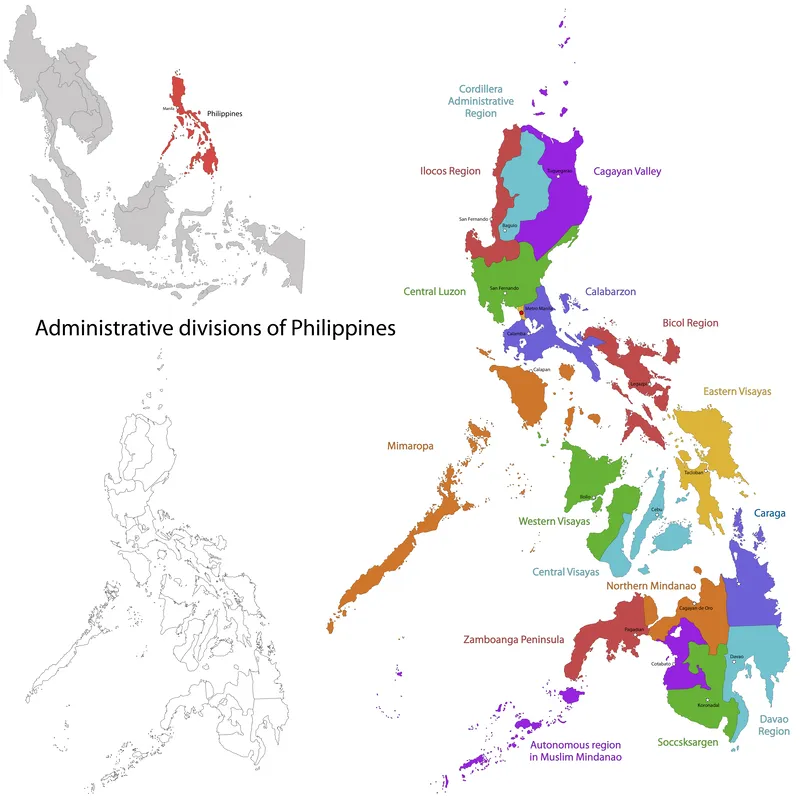The Nicaraguan Government is setting out major plans for road infrastructure development. The country's master plan for road infrastructure envisages work to a total of 4,200km of main roads across the country. This programme is expected to cost in the order of US$5.20 billion, according to pre-feasibility studies carried out by Korea Expressway Corporation (KEC). Funding is being sought at present by the Nicaraguan Government, which is in discussion with a number of bodies.
March 30, 2015
Read time: 2 mins
The Nicaraguan Government is setting out major plans for road infrastructure development. The country's master plan for road infrastructure envisages work to a total of 4,200km of main roads across the country. This programme is expected to cost in the order of US$5.20 billion, according to pre-feasibility studies carried out by Korea Expressway Corporation (KEC). Funding is being sought at present by the Nicaraguan Government, which is in discussion with a number of bodies.
There are 76 motorway sections that will require 1,100kms of new road or widened roads. Along some other sections improvement works will only be needed. The plan is for 20 years with a first phase due to be finalised in 2023 and a second phase in 2033. It will cover six large sections, including three from north to south. Along this sector is the Penas Blancas-El Guasaule road that needs widening to four lanes along some parts and to six lanes along some others, such as the road between Managua and Granada. Work needs to be done along the motorway between Bluefields and Puerto Cabezas. The IADB and the government are working on financing for the Rosita-Bonanza and Pantasma-Wiwili sections. Around $2 billion should be secured by 2023. So far $600 million has been secured and the funding for a further $400 million is under discussion.
There are 76 motorway sections that will require 1,100kms of new road or widened roads. Along some other sections improvement works will only be needed. The plan is for 20 years with a first phase due to be finalised in 2023 and a second phase in 2033. It will cover six large sections, including three from north to south. Along this sector is the Penas Blancas-El Guasaule road that needs widening to four lanes along some parts and to six lanes along some others, such as the road between Managua and Granada. Work needs to be done along the motorway between Bluefields and Puerto Cabezas. The IADB and the government are working on financing for the Rosita-Bonanza and Pantasma-Wiwili sections. Around $2 billion should be secured by 2023. So far $600 million has been secured and the funding for a further $400 million is under discussion.







